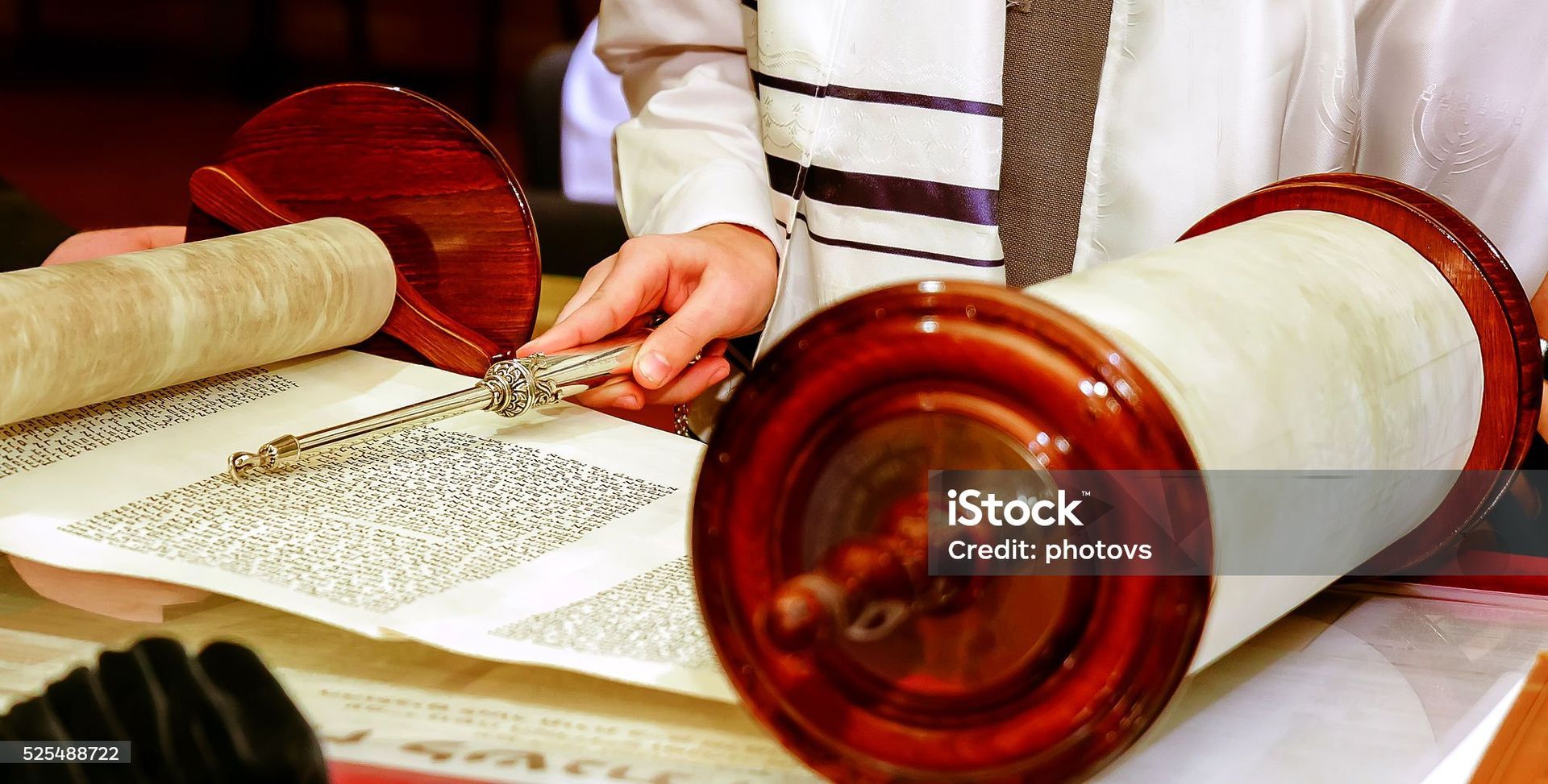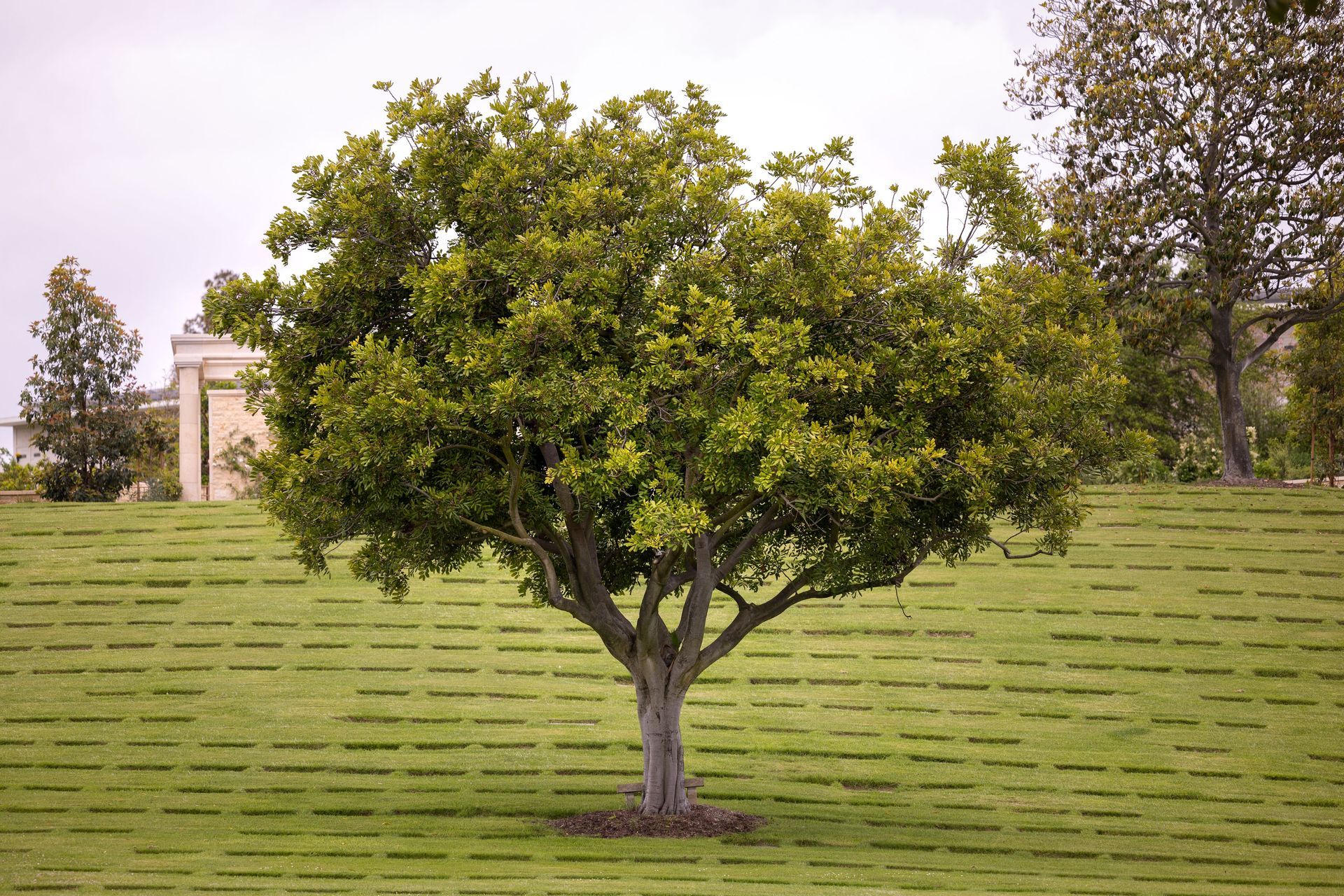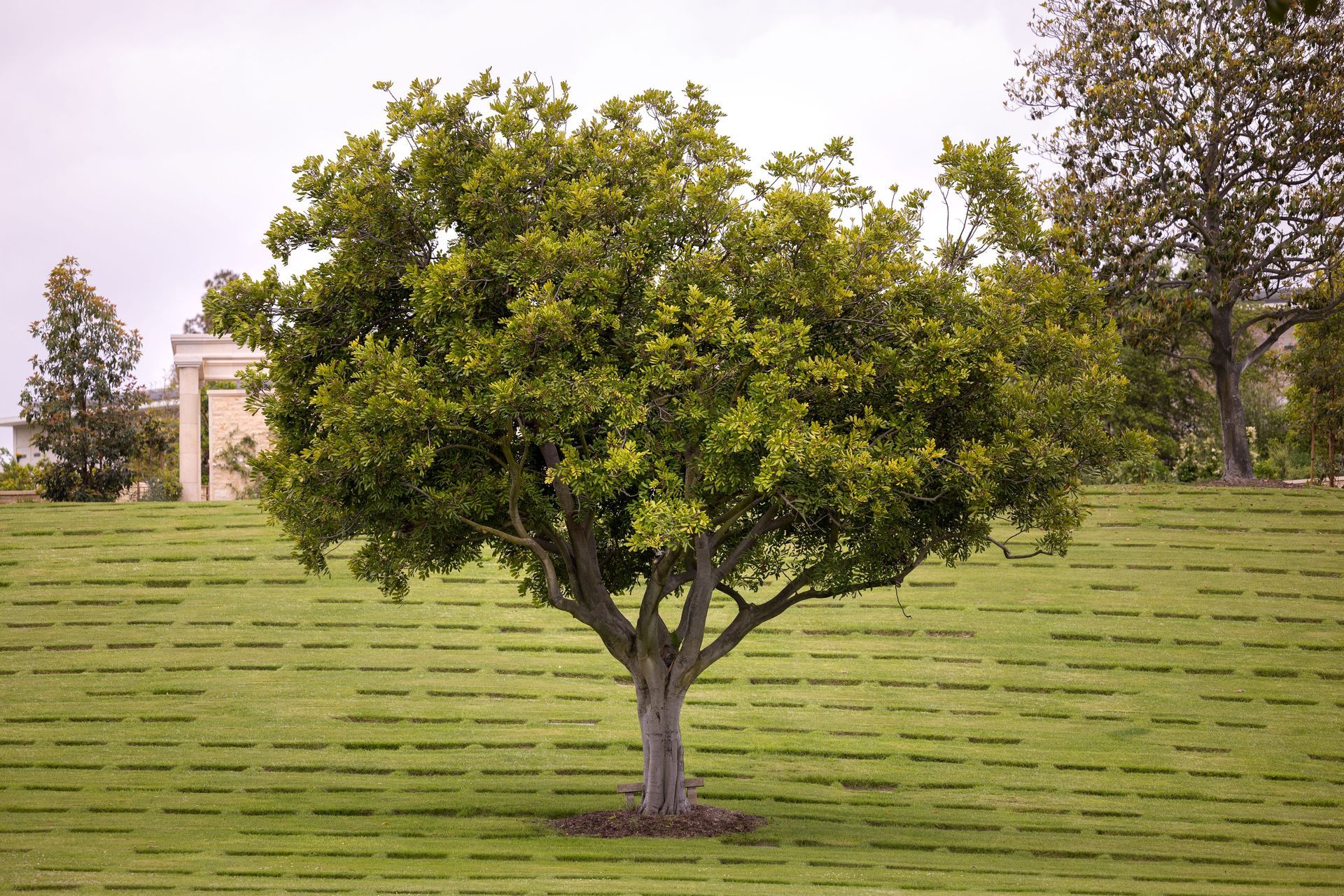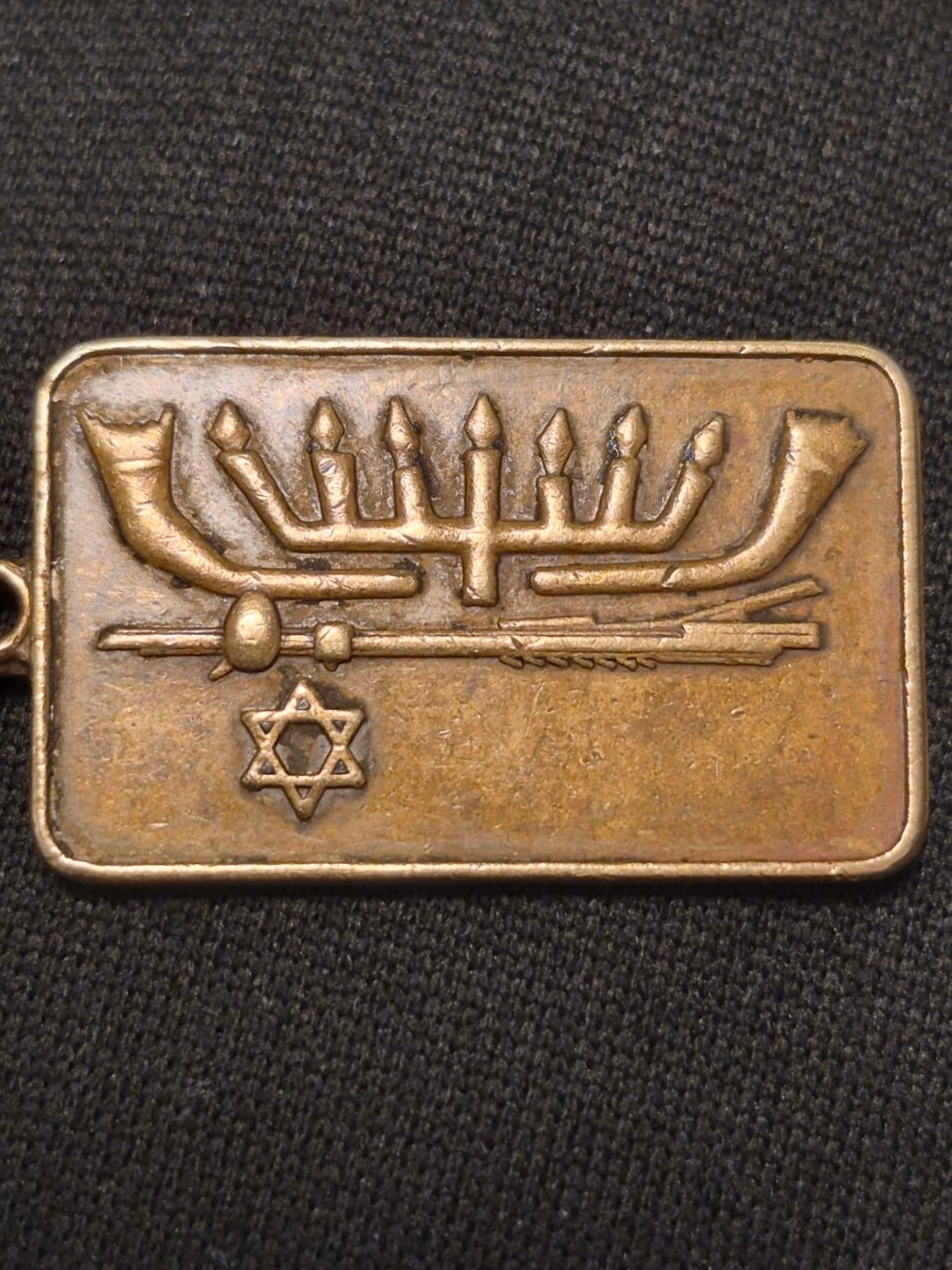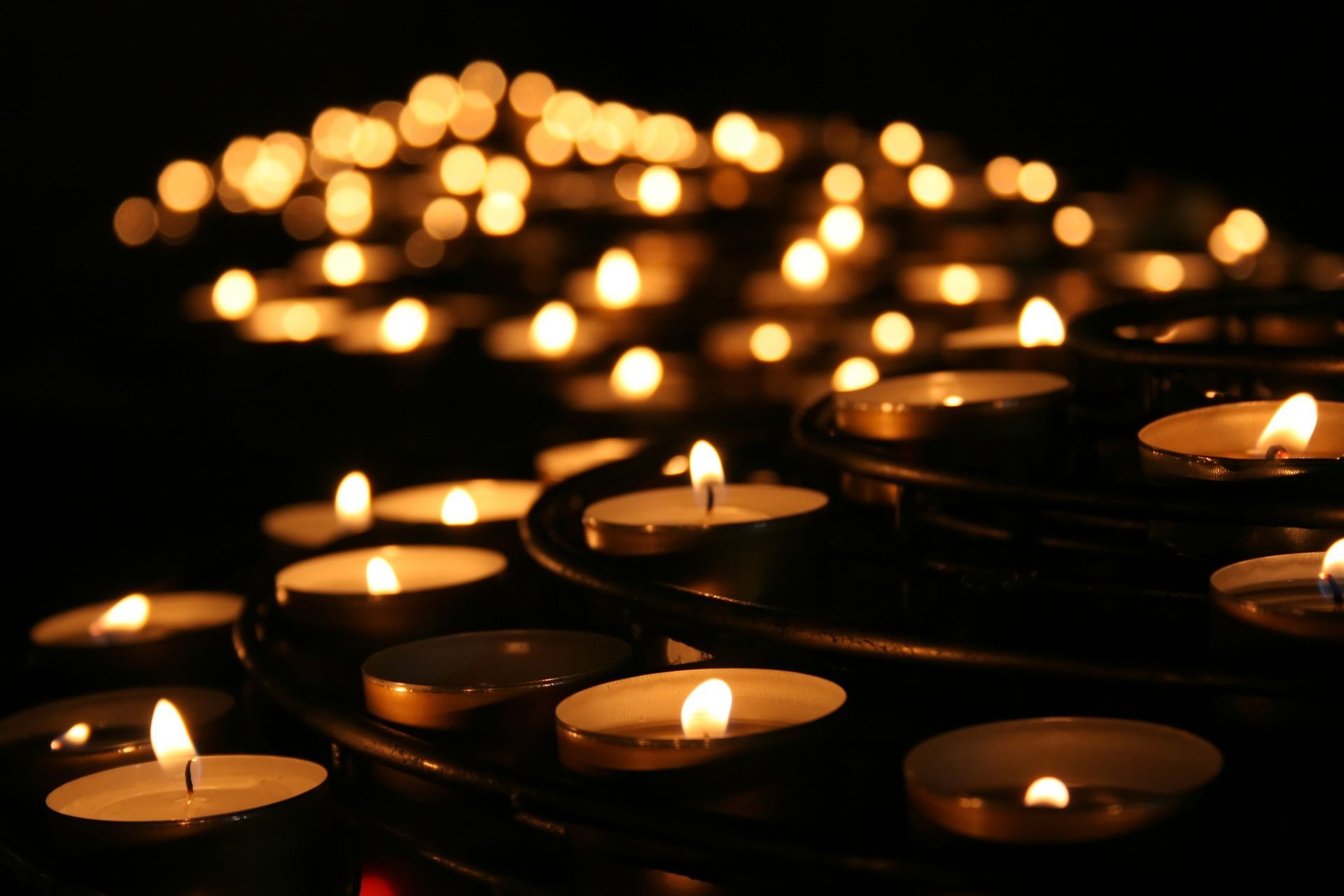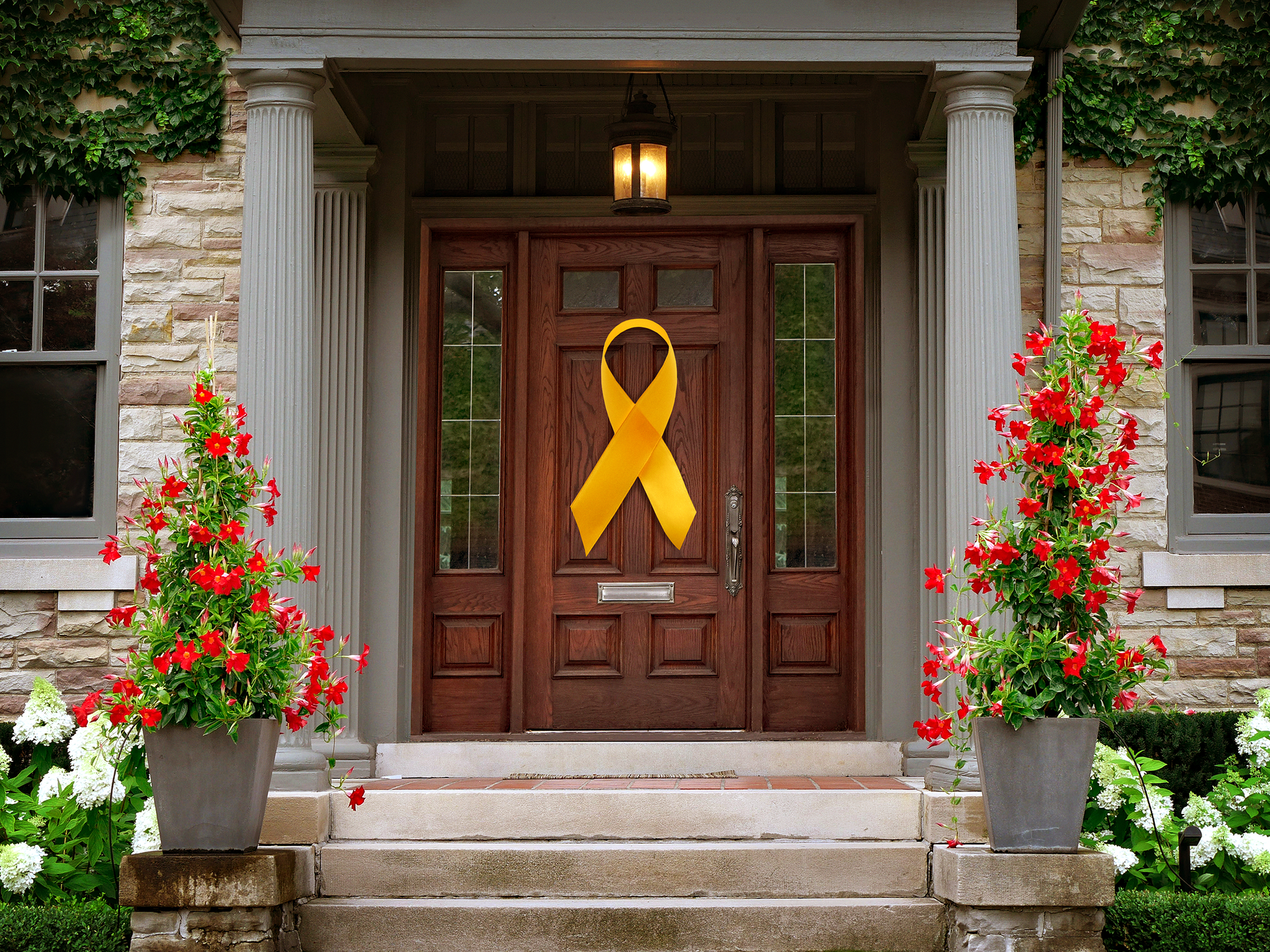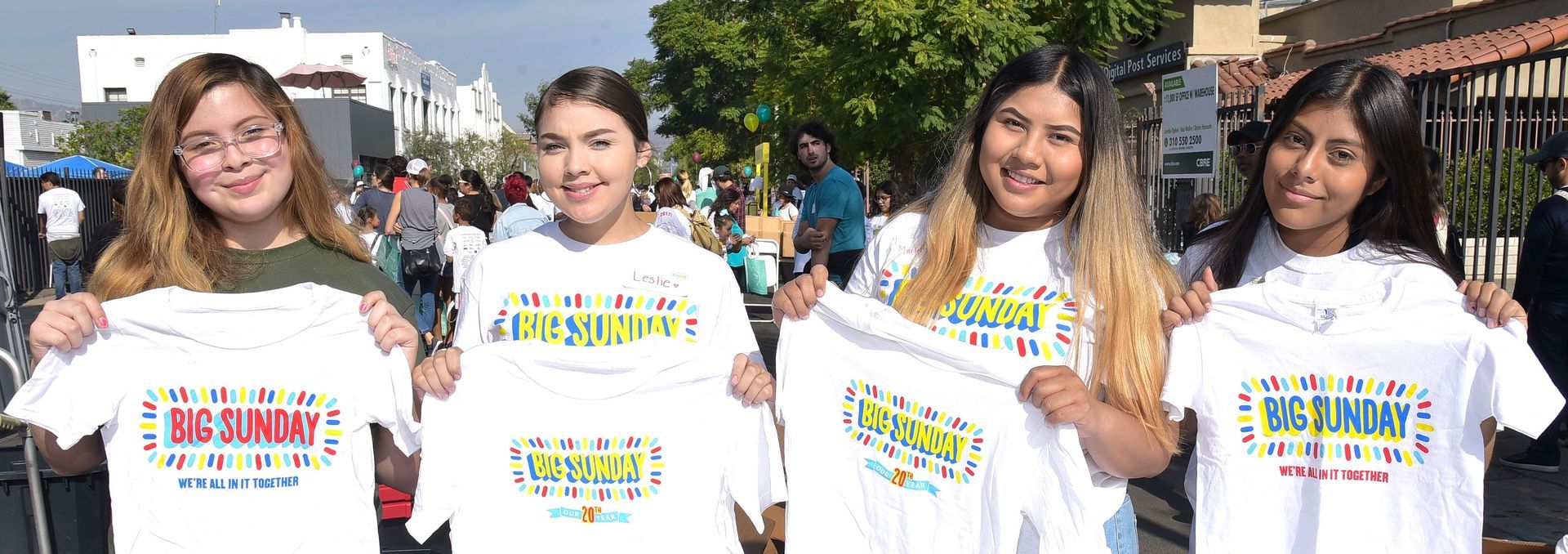A Guide to Jewish Funeral Traditions: Honoring Our Loved Ones
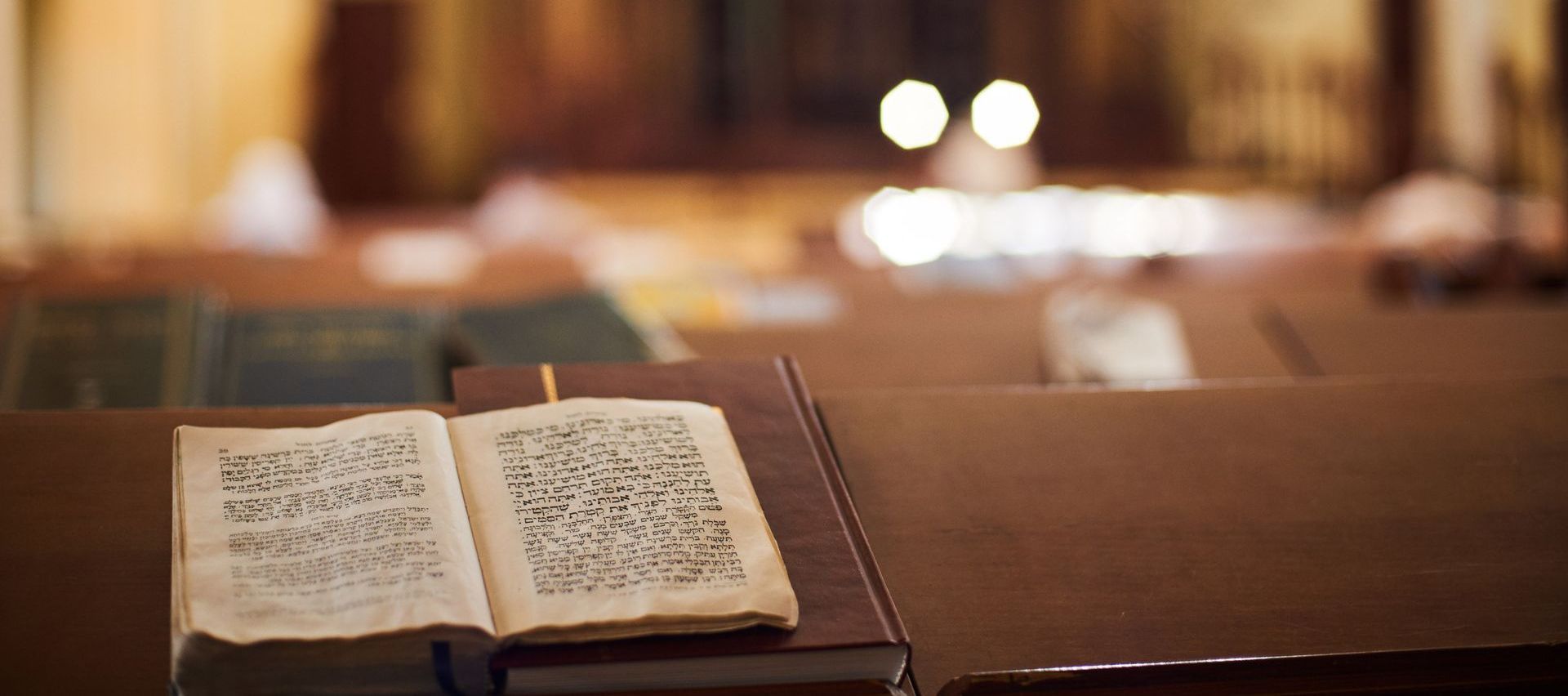
Insights from Rabbi Sherre Hirsch
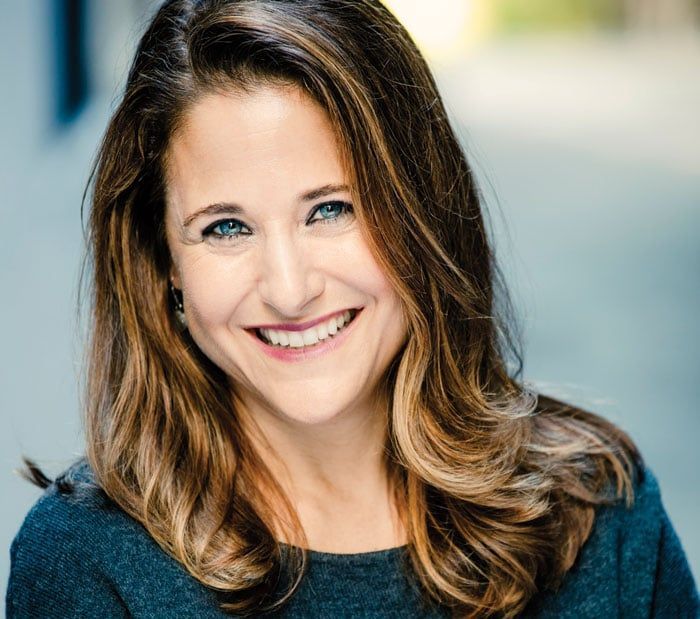
Jewish funeral traditions are steeped in values of dignity, community, and memory—guiding the living as they grieve, and honoring the deceased with compassion and respect. These customs are not just rituals; they are tools to help the bereaved remember their loved ones deeply and meaningfully.
We were honored to speak with Rabbi Sherre Hirsch, who generously gave us her time to explore the meaning and purpose behind these traditions. Rabbi Hirsch is currently Founder of the Collaborative. She has served in the past as the Chief Innovation Office of American Jewish University, Senior Rabbinic Scholar of Hillel International, Spirituality Consultant at Canyon Ranch Health Resorts, and Associate Rabbi at Sinai Temple. Her perspective offers deep insight into how these sacred practices help mourners navigate one of life’s most difficult journeys, and we hope they help you or someone in need.
Core Principles of Jewish Funerals
Every Jewish funeral revolves around a few core principles: honoring the life and death of the deceased (kavod ha-met) and supporting the mourners (nichum aveilim). Rabbi Hirsch emphasizes that Jewish funerals are structured around acts that reflect dignity—for both the one who has died and those who grieve.
Rituals such as keriah (the symbolic tearing of a ribbon or cloth), the recitation of Mourner’s Kaddish, Tehillim (Psalms), and the hesped (eulogy) are central components of every funeral. There is deep intention behind even the smallest customs—like placing stones on the grave instead of flowers, which avoids the contrast between the living and the dead, reminding us of the permanence of memory.
One of the most poignant customs is the act of burial itself, known as chesed shel emet—“the truest act of kindness”—because it is done for someone who cannot repay you. Even the way the shovel is passed from hand to hand holds meaning, reinforcing humility and care.
The Role of the Chevra Kadisha
The Chevra Kadisha, or "Sacred Society," is a group entrusted with preparing the body for burial. They perform the taharah, a ritual purification, in which the body is gently washed and dressed in simple white shrouds (tachrichim). This is considered an act of great spiritual courage and love.
Historically, death was seen as something fearful and even contagious. Members of the Chevra Kadisha take on the sacred responsibility of caring for the deceased despite those fears, affirming that the dignity of the dead outweighs the fear of death itself.
The Importance of Immediate Burial
Jewish tradition urges prompt burial, ideally within 24 hours of death. This urgency comes from both spiritual and practical reasoning. Delaying burial can feel like leaving the soul in limbo, and it also puts the body at risk. Only in special cases—such as awaiting close family from afar or the return of a rabbi—might burial be postponed.
As Rabbi Hirsch puts it, “You are released from all other obligations to perform the mitzvah of burial.” It’s a sacred priority, a final service of love and care.
Why Simplicity Matters
In traditional Jewish practice, elaborate caskets and flashy funerals are discouraged. A simple, unadorned wooden box—or even burial directly in the earth—is preferred. This is rooted in the belief that we all return to God equally, and we should not build hierarchies in death. As Rabbi Hirsch notes, “[Death] is the great equalizer. We all come in the same way and we all go out the same way.”
Mourning as a Sacred Journey
Jewish mourning is a gradual and layered process designed to guide mourners through their grief, rather than around it.
- Shiva (seven days): The first and most intense mourning period begins right after burial. Mourners stay home, surrounded by community, and receive meals, prayers, and space to remember. Mirrors are covered, symbolizing a shift from outward appearances to inward reflection. On the seventh day, mourners take a symbolic walk outside—seven loops—to reenter the world.
- Sheloshim (thirty days): The next 23 days continue the process. Mourners begin to return to daily life but refrain from parties, shopping, or other celebratory acts. Kaddish is still said three times daily.
- The First Year: For those mourning a parent, the mourning continues for 11 months, with ongoing recitation of Kaddish. At 12 months, the yahrzeit—the annual remembrance—marks the conclusion of the formal mourning period.
Each stage honors the reality of grief while gently guiding mourners back to life.
Diversity Within Tradition
While the fundamentals are shared, practices vary widely across communities—Ashkenazi, Sephardic, Mizrahi, and more. Some customs differ based on local traditions or rabbinic guidance. This diversity is part of what makes Judaism resilient and vibrant: “Diversity of thought is what keeps Judaism strong.”
Guidance for the Unfamiliar
If you’re unfamiliar with Jewish customs but want to honor a loved one in a meaningful way, Rabbi Hirsch has simple advice: find a Rabbi. “You don’t have to be a member of a synagogue—rabbis will take these calls,” she says. Local Jewish mortuaries, organizations like18Doors, or websites like "Rent-a-Rabbi" can connect you with trusted guidance.
The Relevance of Tradition Today
At Hillside Memorial Park and Mortuary, we pass down traditions to a new generation because ultimately they are about honoring life. Traditions offer structured, meaningful ways to remember our loved ones, care for the grieving, and remind us that mourning is not meant to be done alone. In every tear, every prayer, and every stone placed on a grave, we say: You mattered. You are remembered. You are loved.
If a loved one has recently passed away and you are seeking support, Hillside Memorial Park and Mortuary holds a monthly grief group for those navigating loss. Led by Maggie Scharf, M.Ed., CPCC, Certified Grief Educator, each group meeting is designed to help participants explore the healing process in the company of others sharing similar experiences and can be joined on our site.

